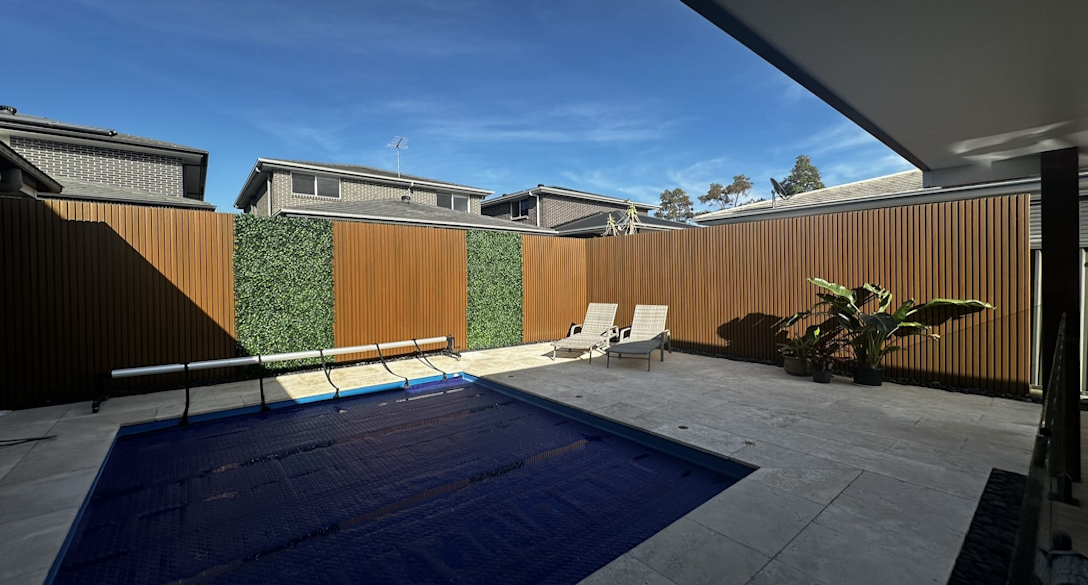Why Composite Decking is the Smarter Choice for Sydney Homes

Sydney homeowners are always looking for ways to make their properties more stylish, low-maintenance, and practical. One upgrade that has been gaining huge popularity in recent years is composite decking Sydney. Unlike traditional timber, composite boards are designed to withstand Australia’s harsh climate while maintaining a modern and polished look.
What is Composite Decking?
Composite decking is made from a blend of recycled wood fibres and plastic, creating a highly durable material that resists warping, splintering, and fading. For families who love entertaining outdoors, this means less time spent on sanding and oiling, and more time enjoying barbecues, pool parties, or simply a quiet Sunday afternoon on the deck.
Benefits of Composite Decking for Sydney Homes
Living in Sydney means dealing with plenty of sunshine, salty air for coastal suburbs, and sudden heavy rainfalls. Traditional timber can suffer under these conditions, but composite decking is built to last.
Some of the key benefits include:
- Weather Resistance – Composite boards are resistant to moisture, rot, and UV rays, making them ideal for Sydney’s climate.
- Variety of Styles – Available in different colours and finishes, composite decking allows homeowners to design an outdoor area that perfectly complements their property.
- Sustainable Choice – Made from recycled materials, composite decking is an eco-friendly option compared to some traditional hardwoods.
Easy Maintenance, More Enjoyment
One of the main reasons Sydney homeowners are switching to composite decking is the low maintenance factor.
- No sanding, sealing, or staining required.
- A simple wash with soapy water is enough to keep it looking fresh.
- Saves both time and money in the long run.
This makes it especially appealing for busy families or anyone who wants to enjoy their outdoor space without the hassle of constant upkeep.
What Are the Downsides of Composite Decking?
While composite decking offers many advantages, it’s worth considering the drawbacks before making a decision:
- Higher Upfront Cost – Composite decking is generally more expensive than natural timber initially, although the lower maintenance costs often balance this out over time.
- Heat Retention – On very hot Sydney summer days, composite boards can feel warmer underfoot compared to timber.
- Less Natural Look – Although modern designs are impressive, some homeowners prefer the authentic appearance and feel of real wood.
By weighing the pros and cons, you can decide whether composite decking is the right fit for your lifestyle and budget.
Adding Value with a Holistic Home Upgrade
A new deck can completely transform the way your home feels and functions. But combining it with other improvements can elevate your property even more.
For example, refreshing the exterior with house painting by professional painters Sydney can dramatically enhance street appeal. Together, a modern deck and a fresh coat of paint not only make your home more inviting but also add significant market value.
Frequently Asked Questions About Composite Decking
- How long does composite decking last?
Most quality composite decking lasts between 25 to 30 years, compared to traditional timber which often needs replacement after 10–15 years. - Is composite decking slippery when wet?
Most composite boards are designed with slip-resistant surfaces, making them safer around pools and outdoor areas than untreated timber. - Does composite decking fade over time?
There may be slight colour fading in the first few months, but modern composite boards are engineered to resist UV damage and maintain their colour for years. - Can composite decking be painted or stained?
Composite decking doesn’t usually require painting or staining. It’s built to keep its colour and finish without extra coatings. - How much does composite decking cost in Sydney?
Prices vary depending on the brand and finish. While composite decking costs more upfront than timber, its long lifespan and minimal maintenance often make it a more cost-effective option in the long run.









